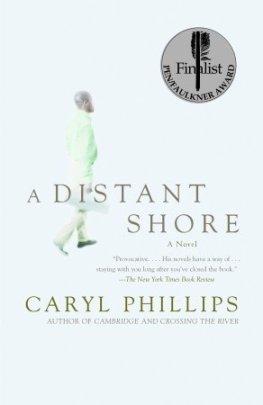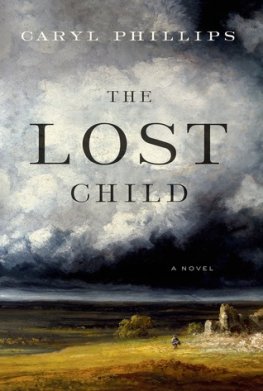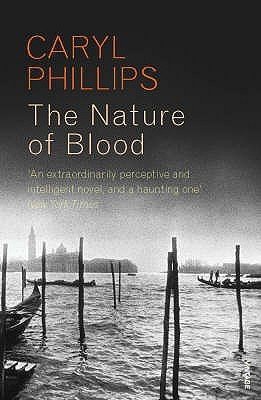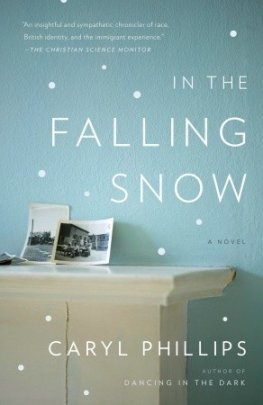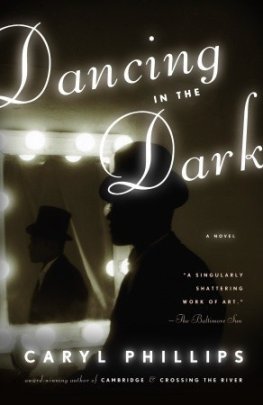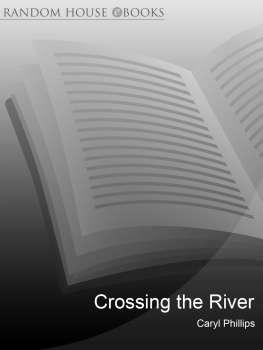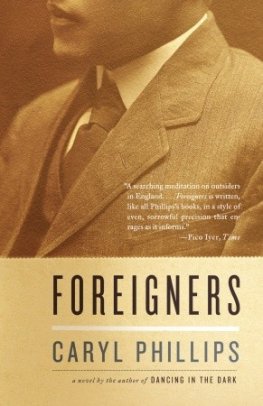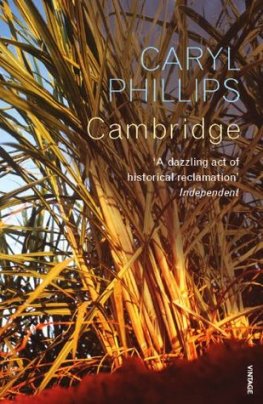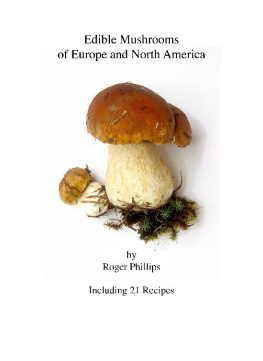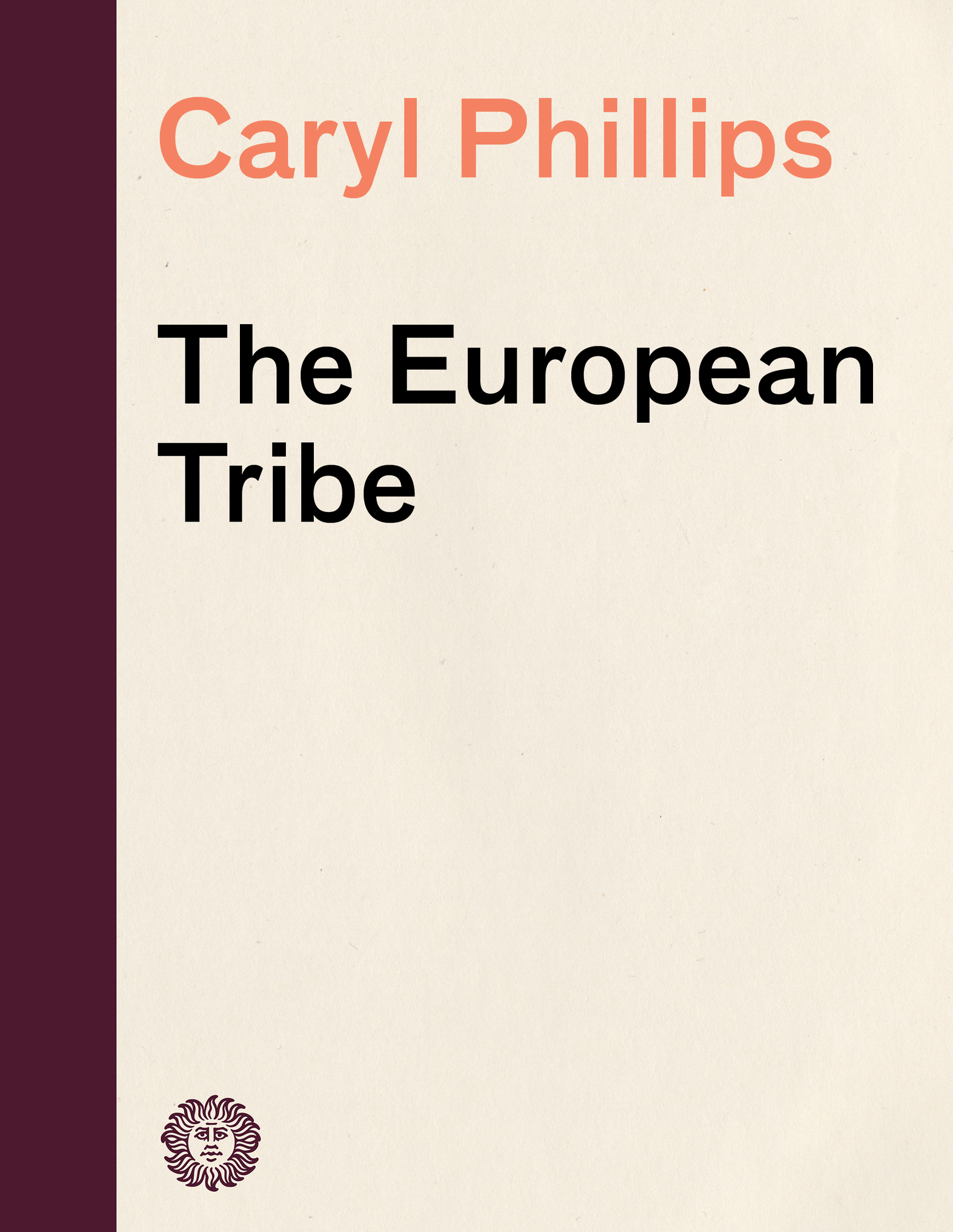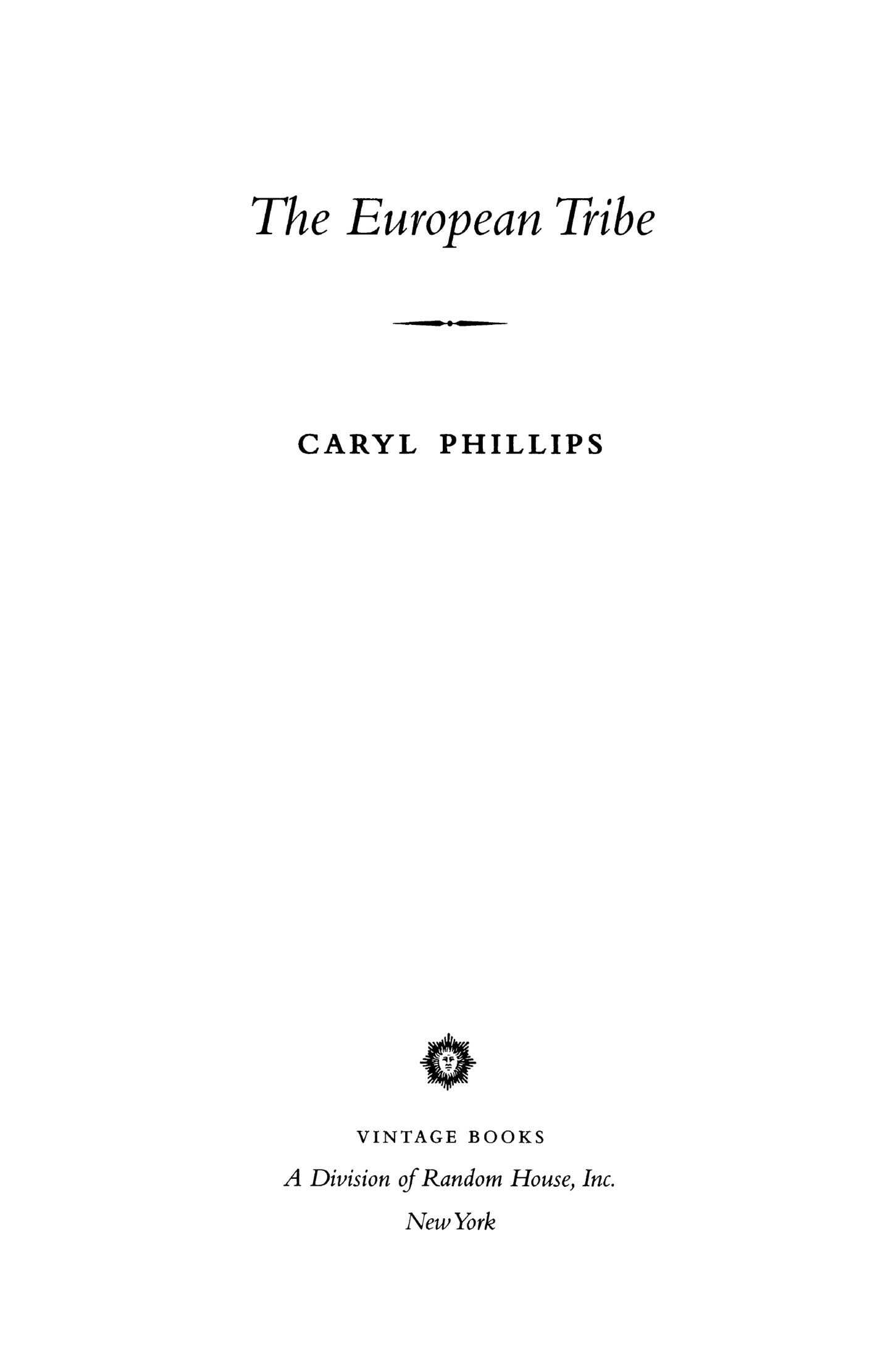Contents
CARYL PHILLIPS
The European Tribe
Caryl Phillips was born in St. Kitts, West Indies. Brought up in England, he has written for television, radio, theater, and cinema. He is the author of one book of nonfiction, The European Tribe, and six novels, The Final Passage, A State of Independence, Higher Ground, Cambridge, Crossing the River, and The Nature of Blood, and has edited two anthologies, Extravagant Strangers and The Right Set. His awards include the Martin Luther King Memorial Prize, a Guggenheim Fellowship, and a James Tait Black Memorial Prize. He divides his time between London and New York.
ALSO BY CARYL PHILLIPS
FICTION
The Final Passage
A State of Independence
Higher Ground
Cambridge
Crossing the River
The Nature of Blood
PLAYS
Strange Fruit
Where There Is Darkness
The Shelter
SCREENPLAY
Playing Away
ANTHOLOGIES
The Right Set
Extravagant Strangers
Copyright1987 by Caryl Phillips
Afterword copyright2000 by Caryl Phillips
All rights reserved under International and Pan-American Copyright Conventions. Published in the United States by Vintage Books, a division of Random House, Inc., New York. Originally published in hardcover in Great Britain by Faber and Faber Limited, London, and subsequently in the United States by Farrar, Straus and Giroux, LLC., New York, in 1987. Published in arrangement with Farrar, Straus, and Giroux, LLC.
Vintage and colophon are registered trademarks of Random House, Inc.
Library of Congress Cataloging-in-Publication Data Phillips, Caryl.
The European tribe / Caryl Phillips.
p.cm.
ISBN 978-0-375-70704-9
1. EuropeDescription and travel. 2. Phillips, CarylJourneysEurope. 3. EuropeRace relations. I. Title.
D923.P48 2000
914.04558dc21 99-048045
Ebook ISBN9780525562801
www.vintagebooks.com
v4.1
a
For Trevor, Malcolm and Tony
Europe: a continent extending from Asia to the Atlantic Ocean.
Tribe: a racial group (especially in a primitive or nomadic culture) living as a community under one or more chiefs.
Even if I did speak Irish Id always be an outsider here, wouldnt I? I may learn the password but the language of the tribe will always elude me, wont it? The private core will always behermetic, wont it?
Brian Friel, Translations, 1981
The English language
belongs to us. You are raking at dead fires,
a waste of time for somebody your age.
That subject people stuff is a cods game,
infantile, like your peasant pilgrimage.
Seamus Heaney, Station Island, 1984
Contents
Preface
This book is based on personal experience. It is not academic, nor does it have any pretensions to being able to survive the rigours of the sociologists laboratory. It is a narrative in the form of a notebook in which I have jotted various thoughts about a Europe I feel both of and not of. Its impetus was provided by nearly a years wandering from Europes closest neighbour, Morocco, to her furthest flung capital, Moscow.
I am not the first writer of fiction to find that the tension between myself and my environment is so urgently felt that the fictional mould seems too delicate a vessel to hold it. However, in writing The European Tribe I soon discovered that rather than solving the question of what Europe means to me, the best I could hope for was that the experience might better define the parameters of my problem.
During my travels I had reason to be grateful to Ian Gibson, Paul Webster, Jaco and Elizabeth Groot, Brian Friel, Stephen Castles, Peter (in Poland), and Lindis Hallan. However, my greatest thanks go to my friend and editor, Frances Coady. Her patience, encouragement and commitment made this book possible.
Caryl Phillips
London, 1986
Introduction
Had I been a bright student at school
Id have learnt more and turned out to be a fool.
West Indian Calypsonian
Youre a lost crowd, you educated Negroes, and you will only find yourself in the roots of your own people. You cant choose as your models the haughty-minded educated white youths of a society living solid on its Imperial conquests.
Claude McKay, Banjo, 1929
Praise had bled my lines white of any more anger,
and snow had inducted me into white fellow ships,
while Calibans howled down the barred streets of an empire
that began with Caedmons raceless dew, and is ending
in the alleys of Brixton, burning like Turners ships.
Derek Walcott, Midsummer, 1984
It was in the United States that I made the discovery that it was possible for a black person to become, and sustain a career as, a writer. My ignorance probably came about as a result of my education and my own lack of a coherent sense of identity in 1970s Britain. In British schools I was never offered a text that had been penned by a black person, or that concerned the lives of black people. References to black people were confined to the playground. As a ten-year-old boy I remember my best friend telling me a joke. There are, he said, a group of Pakis walking down the road singing We shall overcome. Obviously he had overheard his father, or one of his fathers friends, in conversation. This was 1968, the year of Martin Luther Kings assassination in Memphis, Tennessee, the year of Enoch Powells rivers of blood speech in Britain. These events were bound up in the joke, but all I can remember thinking was, I dont understand it. I doubt that my friend Terry did either. But unlike him I could not laugh, and my silence marked the end of our friendship.
About three years later one of the most painful episodes of my childhood took place. This time it was inside a classroom. Mr Thompson, an English literature teacher, decided to demonstrate his knowledge of all things by explaining the origins of our surnames. So Greenberg was Jewish, Morley originally came from the small Yorkshire town of the same name, and McKenzie was a Scot. I felt a hot flush of embarrassment long before he turned towards my desk. Phillips, he mused, you must be from Wales. The whole class laughed, while I stared back at him stony-faced, knowing full well that I was not from Wales. The truth was I had no idea where I was from as I had been told that I was born in the Caribbean but came from England. I could not participate in a joke which made my identity a source of humour. Even those I considered my friends were laughing. If the teaching of English literature can feed a sense of identity then I, like many of my black contemporaries in Britain, was starving.
Looking back at Britain in the 1970s, I am now convinced that it must have been the worst decade since the Second World War to grow up in. It lacked the buoyant optimism of the 1950s, the liberal freedoms of the 1960s, and seems to have been characterized by tasteless and ephemeral fashions, third-rate music (a kind of post-Beatles despair), and a long and tedious preparation for the industrial decline and depression of the 1980s. As a first-generation migrant, I came to Britain at the portable age of twelve weeks; I grew up riddled with the cultural confusions of being black and British. I was at the older end of a generation who eventually found their communal voice in the Notting Hill riots of 1976.


